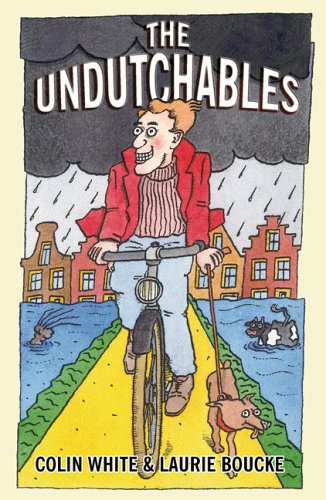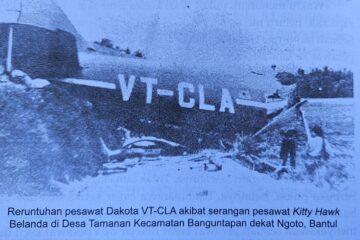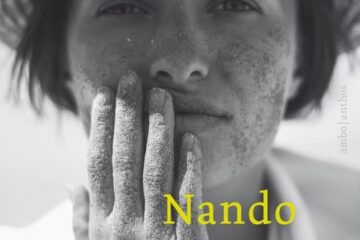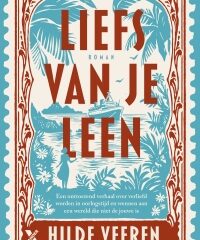
“The UnDutchables: An Observation of the Netherlands, Its Culture, and Its Inhabitants” is a humorous and irreverent exploration of Dutch life and society co-authored by Colin White and Laurie Boucke. First published in 1989, the book has become a best-seller in the Netherlands since 1990 and gained popularity in various English-speaking regions, including North America, the United Kingdom, Australia, and former Dutch colonies. Updated every 2–4 years to stay current, the book has been translated into Dutch and traditional Chinese.
The authors, with a cumulative total of 22 years living in the Netherlands, provide insights into Dutch daily life, examining subjects such as coffee drinking habits, child rearing, train travel, and even toilet etiquette. The book is not a travel guide but serves as a “laughing mirror” according to the Dutch press.
The term “The UnDutchables” has been adopted by various entities, including a radio program, sports teams, a rock band, an employment agency, an online chat group, a theatrical play, nightclub, firmware, and multiple YouTube videos. In 2004, White-Boucke Publishing secured a Trademark registration for “UnDutchables,” along with a line of merchandise.
The genesis of the book occurred in 1987 when Laurie Boucke, concluding a long stay in the Netherlands, conceived the idea for a humor book about the country. Colin White joined the project with the advent of desktop publishing. Subsequent editions were released in 1989, 1991, 1993, 2001, 2006, 2010, 2013, and 2017, evolving from a comic book/magazine format to a more standard book format, with the 2017 edition comprising 312 pages and 21 chapters.
Renowned Dutch journalist Johannes van Dam’s review in 1989 played a pivotal role in launching the book in the Netherlands, describing it as a work that “in a very exact yet funny way discloses all the secrets about us that we really would have preferred to keep to ourselves.” Subsequent reviews acknowledged its cult status among English-speaking expatriates, portraying it as a humorous yet sometimes scathing portrayal of Dutch national habits. (Source Wikipedia)


